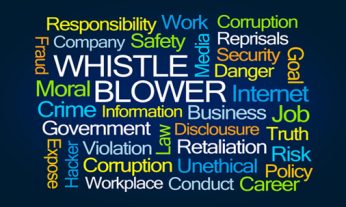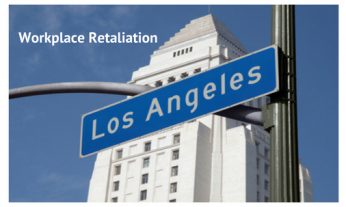 Retaliation in the workplace. California workers are entitled to certain protected rights. When they are violated, workers may report those violations to the Division of Labor Standards Enforcement (DLSE) to seek reparations. Unfortunately, sometimes employers do not appreciate this reporting, and seek retribution against reporting employees. When that happens, aggressive legal representation can make the difference to the success of your case.
Retaliation in the workplace. California workers are entitled to certain protected rights. When they are violated, workers may report those violations to the Division of Labor Standards Enforcement (DLSE) to seek reparations. Unfortunately, sometimes employers do not appreciate this reporting, and seek retribution against reporting employees. When that happens, aggressive legal representation can make the difference to the success of your case.
Keep in Mind
Anyone can file a complaint, regardless of immigration status, language, or identification. All workers are protected under California law, and the Labor Commissioner’s office has no interest in your immigration status; nor will they report on immigration issues to other agencies.
Protected Activities
There are specific activities that are protected under California law. Those include:
- Refusing to work when conditions are not safe, or making complaints about those conditions to bosses, labor unions, or government agencies;
- Filing a wage claim against employers who do not pay earned wages;
- Assisting in an investigation or testifying on behalf of co-workers’ claims;
- Refusing to sign agreements promising not to file claims or divulge information regarding safety conditions in the workplace;
- Using sick leave to deal with family or domestic partner illnesses;
- Requesting time and private space to pump breast milk;
- Taking time off to deal with domestic violence or sexual assault issues relating to yourself of your children.
Possible Examples of Employer Retaliation
Employers may express their displeasure with you for reporting your concerns in a number of unlawful retaliatory manners:
- Termination;
- Suspension;
- Transfer or demotion;
- Pay or hour deductions;
- Threats or disciplinary action.
California’s Whistleblower Laws and Retaliation
A whistleblower is defined as a person who reports a reasonable belief that an employer is in violation of state or federal laws or regulations, or who believes that unsafe work practices or working conditions put employees at risk. California Labor Code Section 1102.5 protects whistleblowers from retaliations and requires employers to reinstate any wage or benefit reductions that may have occurred due to retaliation.
Evidence that Engaging in Protected Activity Resulted in Retaliation
Demonstrating a causal connection between your activity and the employer’s unlawful retribution will be important in exonerating you. That connection may be shown in a number of ways:
- By looking at the time frame in which protected activity and disciplinary action occurred;
- By examining written and verbal communications made by your employer;
- By comparing the treatment of employees who engaged in protected activity with the treatment of employees who did not engage in such activity.




